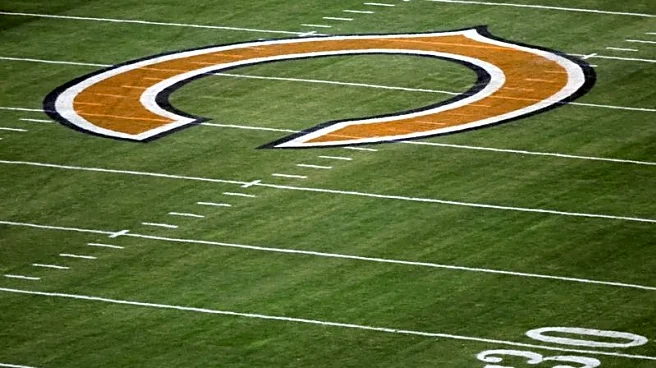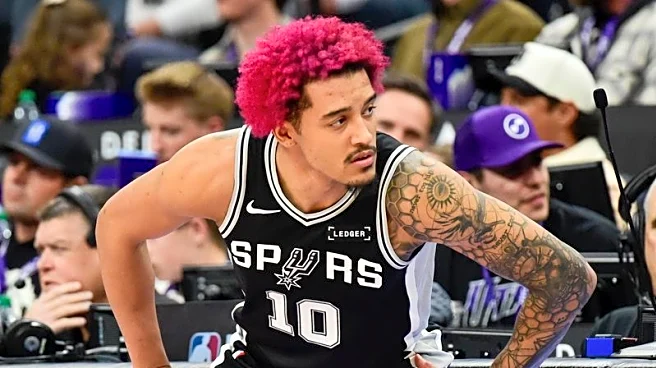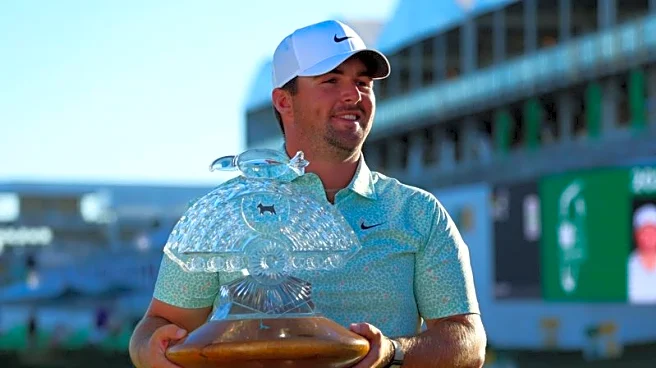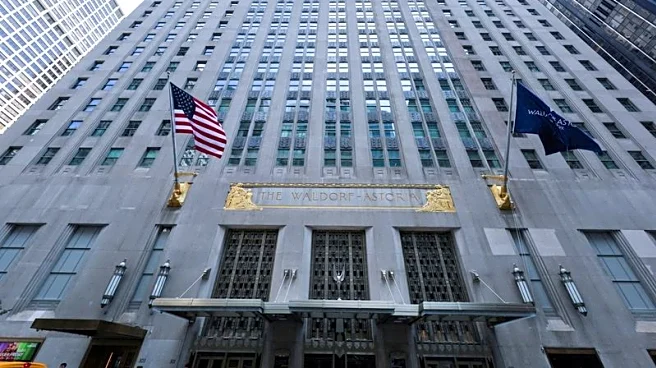The University of Michigan's football program is currently embroiled in controversy as it faces serious allegations of sign-stealing. Central to the unfolding drama is former staff member Connor Stalions,
Did You Know
The Hawaiian alphabet has only 13 letters.
?
AD
whose alleged involvement has led to a sweeping NCAA investigation. With Michigan charged with a total of 11 violations related to the sign-stealing scheme, the stakes have never been higher. The football community is abuzz with speculation about the implications of such charges on the team’s reputation and future in collegiate sports.
In a bold move, Big Ten Commissioner Tony Petitti has stepped forward, urging the NCAA to reconsider the severity of the sanctions imposed on Michigan. He sent a letter to the NCAA Committee on Infractions suggesting that Michigan has already faced adequate punishment for its violations. This proactive approach signals a growing sentiment within the Big Ten that the existing sanctions suffice to address the alleged offenses. Petitti's intervention reflects the internal discussions within the conference about the appropriate responses to such controversies.
The dilemma of accountability versus leniency continues to reverberate throughout the college sports landscape. As the NCAA deliberates on the future of the Michigan program amid these significant accusations, the question of how to appropriately penalize institutions for misbehavior looms large. What unfolds next will shape the narrative of college sports and its governance, and many eyes will be watching closely as this high-stakes saga develops.
Q&A (Auto-generated by AI)
What led to the sign-stealing allegations?
The sign-stealing allegations against Michigan stem from an investigation into the actions of Connor Stalions, a former staff member. The NCAA charged Michigan with 11 violations related to a scheme that involved illegally obtaining signals from opposing teams, which is considered a serious breach of NCAA rules. These allegations have sparked significant controversy in college football.
How does the NCAA typically handle violations?
The NCAA handles violations through a structured process that includes investigations, hearings, and potential sanctions. When a program is found guilty, penalties may include fines, scholarship reductions, postseason bans, or other disciplinary actions. The goal is to maintain integrity and fairness in college sports, although the process can be lengthy and contentious.
What penalties has Michigan faced so far?
As of now, Michigan has faced significant scrutiny but has not received additional sanctions beyond the initial charges. The Big Ten Commissioner Tony Petitti indicated that the punishment already served may be sufficient, suggesting that Michigan's football program should not face further penalties. The situation remains fluid as discussions with the NCAA continue.
Who is Tony Petitti and what is his role?
Tony Petitti is the Commissioner of the Big Ten Conference, a prominent college athletic conference in the United States. He oversees the conference's operations, including its response to compliance issues and member institutions' conduct. Petitti has taken an active role in addressing the Michigan sign-stealing controversy, advocating for leniency in potential sanctions.
What are the implications of this letter?
The letter from Tony Petitti to the NCAA suggests that Michigan's football program has faced enough consequences for the sign-stealing allegations. If the NCAA accepts this perspective, it could set a precedent for how similar cases are handled in the future. It may also impact the perception of fairness in college athletics and the enforcement of rules.












